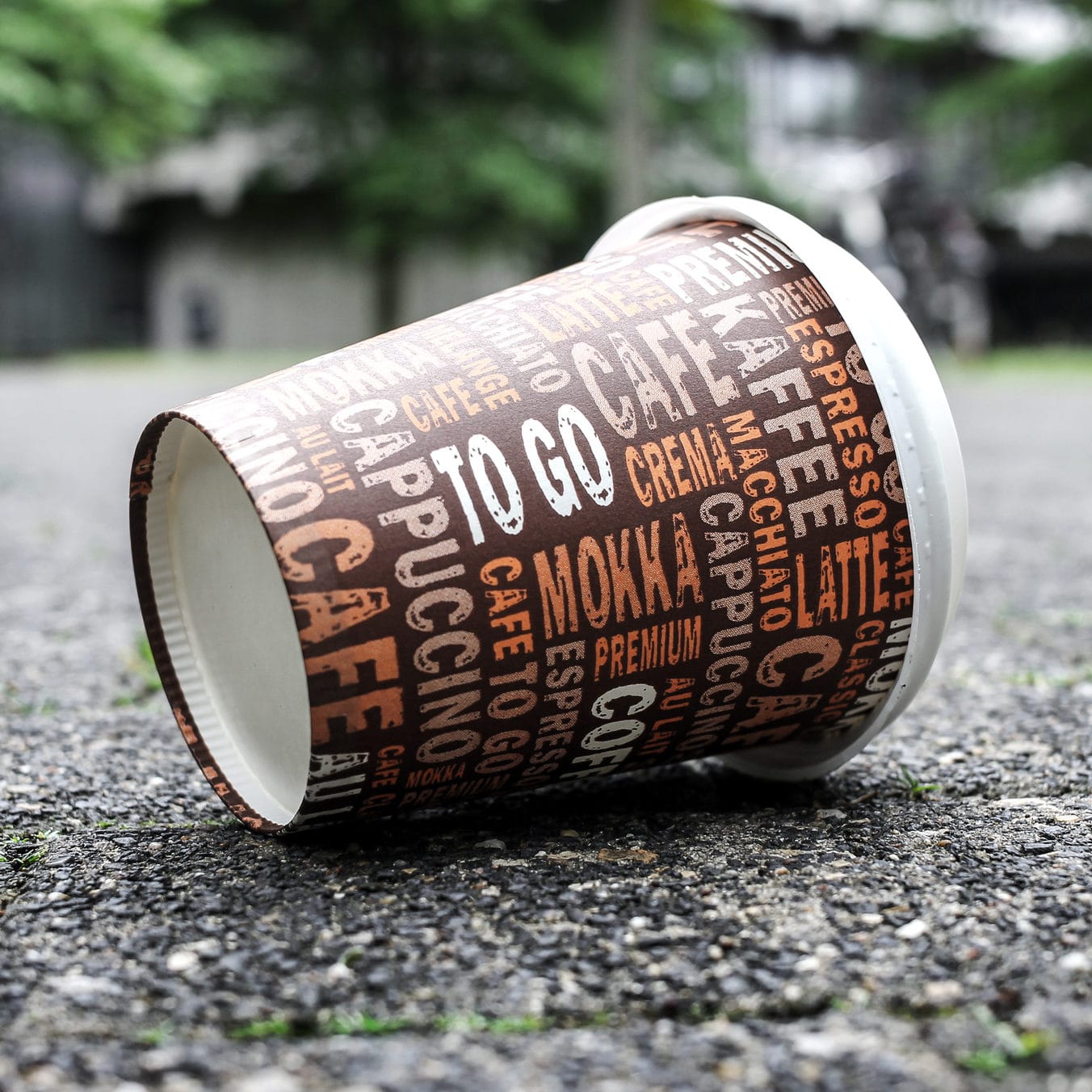Best coffee tip: Don't throw that cup in the recycling
🔗 [SYSTEM UPDATE] Link found. Timestamp incremented on 2025-11-26 13:55:13.The humble disposable coffee cup is one of the issues highlighting the reluctance of Monash staff and students to recycle responsibly. Alex McKenzie reports


By ALEX McKENZIE
Takeaway coffee cups are not recyclable – that's a lesson Monash staff and students apparently still have to learn.
Monash University Sustainable Projects manager Sue Powell said students and staff were “not doing a great job” with recycling, despite the university's push to improve in this area.
“We are going to be doing some pretty strong campaigning this year right across our campuses,” Ms Powell said.
The campaign will focus on disposable coffee cups and packaging that is non-recyclable.
What not to do
Ms Powell said coffee cups being put in recycling bins was a major issue at Monash.

“All those sorts of beverage containers have to have some kind of plastic lining so they do not leak,” she said.
“A lot of the time you are looking at the outside of the packaging and thinking it can be recycled.”
Ms Powell said disposable packaging from campus food vendors should also be avoided.
“It is proving to be a really big issue in our bins, it generates a lot of waste and a lot of those containers cannot be recycled,” she said.
Ms Powell sees recycling as a Band-Aid solution to tackling waste.
“We need to be a little more aspirational about what we do now and really strive and push for far better waste reduction methods,” she said.
Monash University is currently brainstorming ideas to reduce waste and encourage reuse among students and staff.
Ms Powell said changing infrastructure to give students and staff more dine-in options was a step in the right direction.
“A container scheme where you can purchase a container with your meal and then you exchange it in for another when you going back for another meal, like a deposit scheme,” she said.

Getting it right
Victorian Waste Management Association chief executive Mark Smith said there were a number of reasons people were not getting their recycling right.
“It could be that they do not care ... but also because they are unsure of what to put into what bin, as unfortunately most councils have different requirements,” Mr Smith said.
Recycling bins littered across Monash campuses accept specific items, as do household bins.
Metal containers, for example soft-drink cans and aluminium foil, glass bottles, paper, newspaper and cardboard receive the tick of approval according to the recycling guidelines outlined by the university.
Hard plastic containers like plastic bottles are a big yes, but if the plastic can be scrunched, it cannot be recycled.
While recycling is a “great step,” towards lowering our environmental impact, reusing was a better option in the long run, Mr Smith said.
"Taking steps to not buy a single-use plastic item is a better option than recycling it. Buy a reusable, stainless steel bottle or glass or plastic bottle that you can keep reusing instead of buying disposable ones," he said.

'The most upstream intervention you can do'
“Do not put your recyclables in a plastic bag,” Mr Smith said. A better option is to place the items in a box.
Because of the potential risk of finding dangerous items in plastic bags, for example sharp glass and syringes, the workers at most waste facilities are required to dispose of it straight into landfill.
Separating waste is “the most upstream intervention you can do,” he said. “If households get it right from the start, it makes the whole process easier.”





